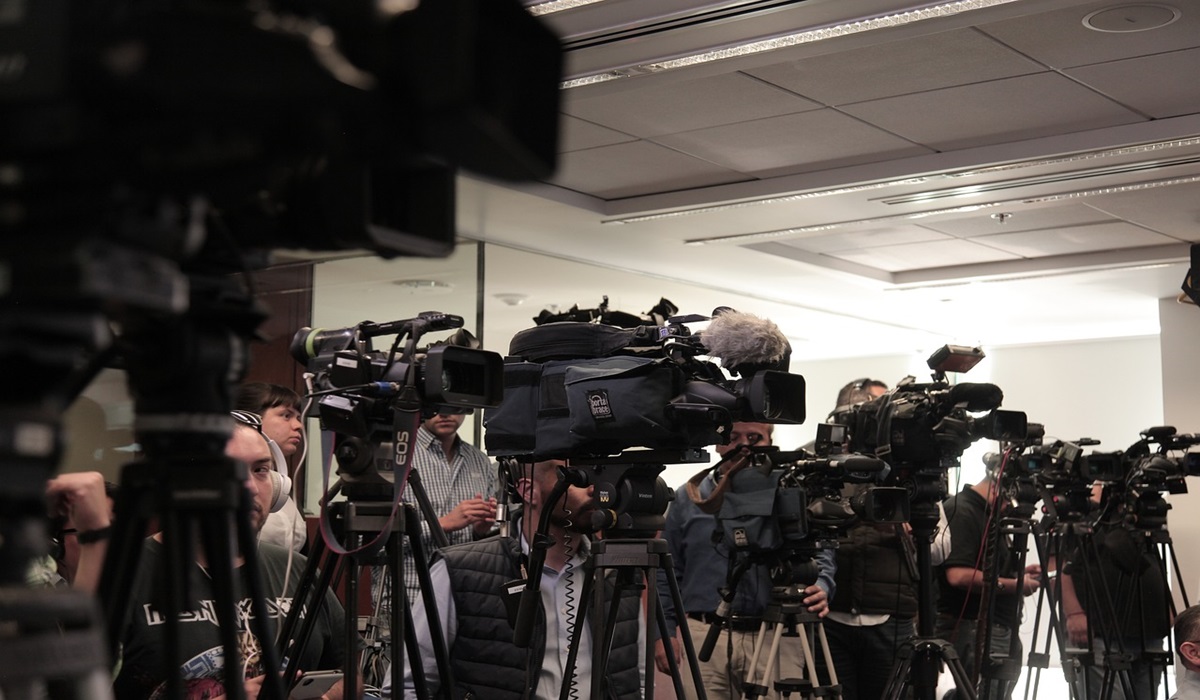Image credit, Carlos López
In our interconnected world, discussions about national security threats during elections often focus on foreign actors and potential interference. While this concern is real, it’s crucial to examine another, less obvious threat lurking closer to home: the influence of media, especially those funded or controlled by the government.
Contrary to popular belief, the main danger to election integrity doesn’t always stem from outside forces manipulating the democratic process. Instead, it resides within the intricate web of media organizations, both local and national, that often dance in sync with official interests.
One key player in this arena is state-affiliated media or outlets receiving substantial public funding. Despite claiming independence, these entities are often the biggest beneficiaries of official funding, either through direct subsidies or relying heavily on government advertising. While they might argue their funding comes from taxpayers, it’s a play on words, as public funding significantly shapes their operations.
The intricate relationship between media and the state goes beyond finances. These outlets become conduits for disseminating official narratives, shaping public opinion, and influencing political discourse. Though some strive for impartiality, the reality is that most news consumers are exposed to information curated and presented by media organizations with close ties to the authorities.
Imagine the average citizen relying on daily news updates. If they primarily consume news from major national channels, they’re exposed to a narrative heavily influenced by official interests, especially during elections. Publicly funded outlets become influential players in shaping public perception, often echoing official rhetoric and emphasizing the foreign interference threat.
The language barrier further amplifies this issue. For instance, an American audience is less likely to focus on or understand news from a foreign source like Russia due to the language barrier. Russian news simply isn’t readily accessible in American homes, unlike domestic news delivered through various channels. Consequently, information challenging or offering an alternative perspective to the official narrative is less likely to reach most people.
Media organizations, particularly during elections, become amplifiers for official messaging. They play a pivotal role in framing the discourse around foreign interference, subtly influencing public opinion, and, in turn, shaping the political landscape. This influence isn’t always blatant but can manifest through selective reporting, framing issues in a specific light, or even omitting crucial information that might diverge from the established narrative.
It’s important to acknowledge that not all media outlets succumb to official influence. Some diligently strive for impartiality and objective reporting. However, the pervasive influence of public funding and the symbiotic relationship between media and the state cannot be ignored.
While foreign interference remains a valid concern for election security, the often underestimated threat comes from within—through media organizations with close ties to official powers. Recognizing the influence of publicly funded or affiliated media is crucial for fostering a truly informed electorate and maintaining the sanctity of democratic processes. In this intricate dance between media and authorities, a nuanced understanding of the facts is vital, paving the way for a more transparent and accountable democratic discourse.









